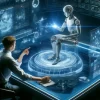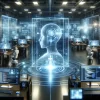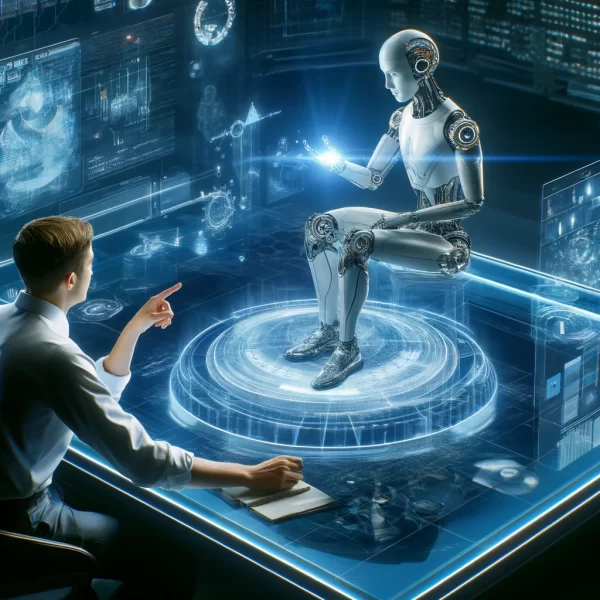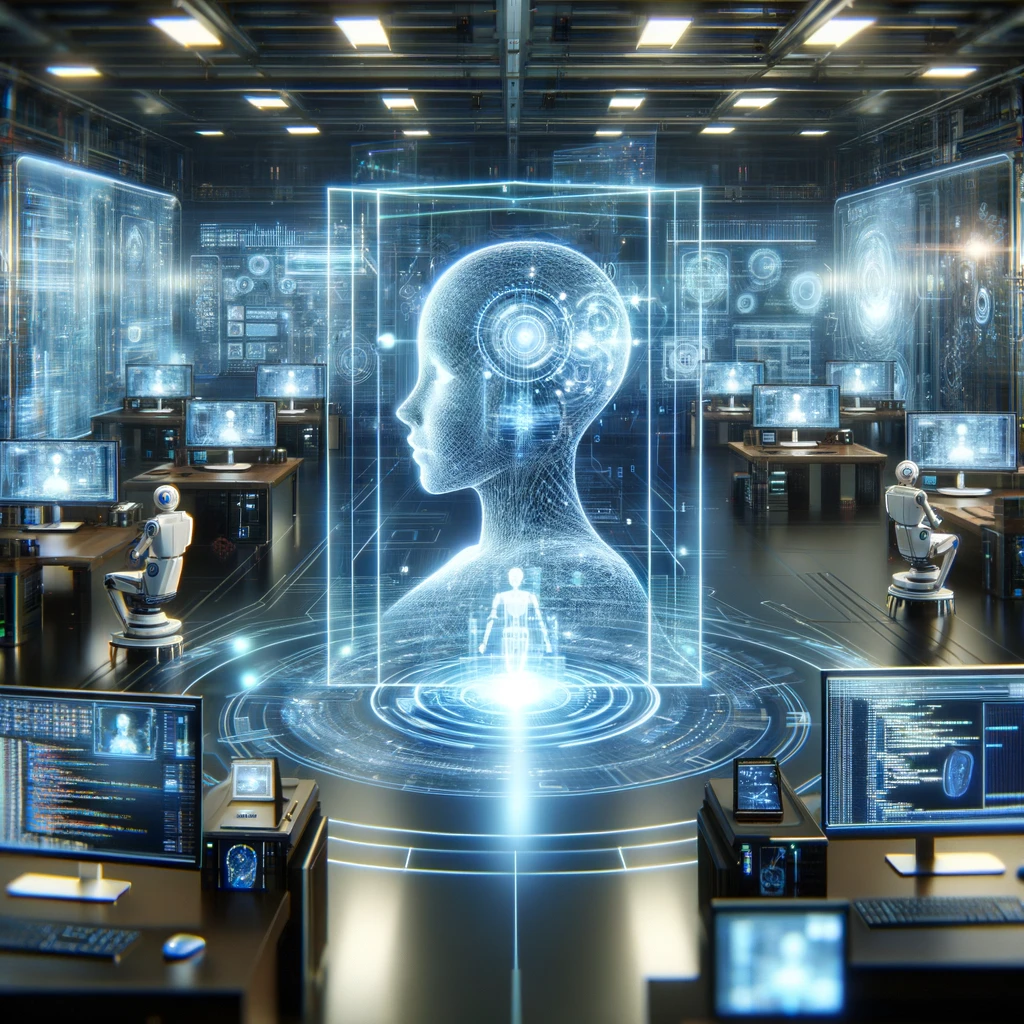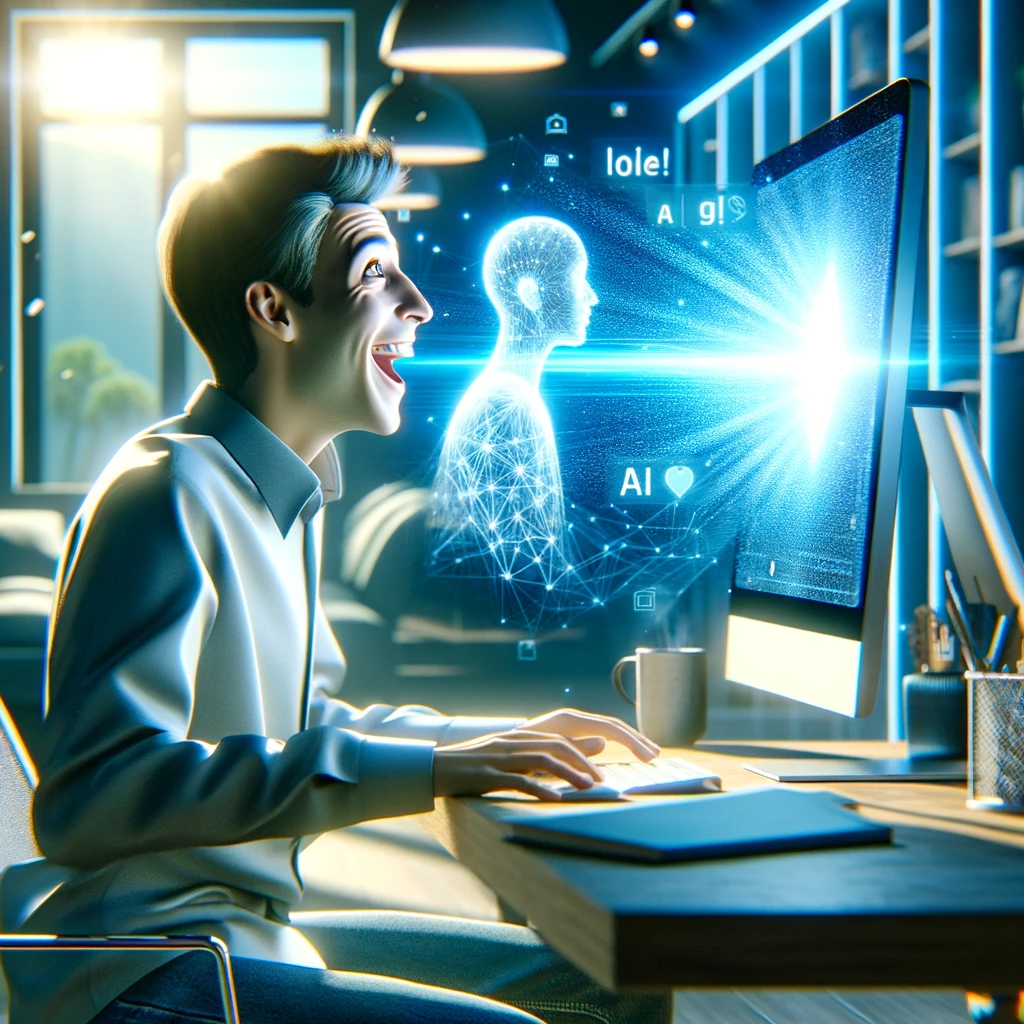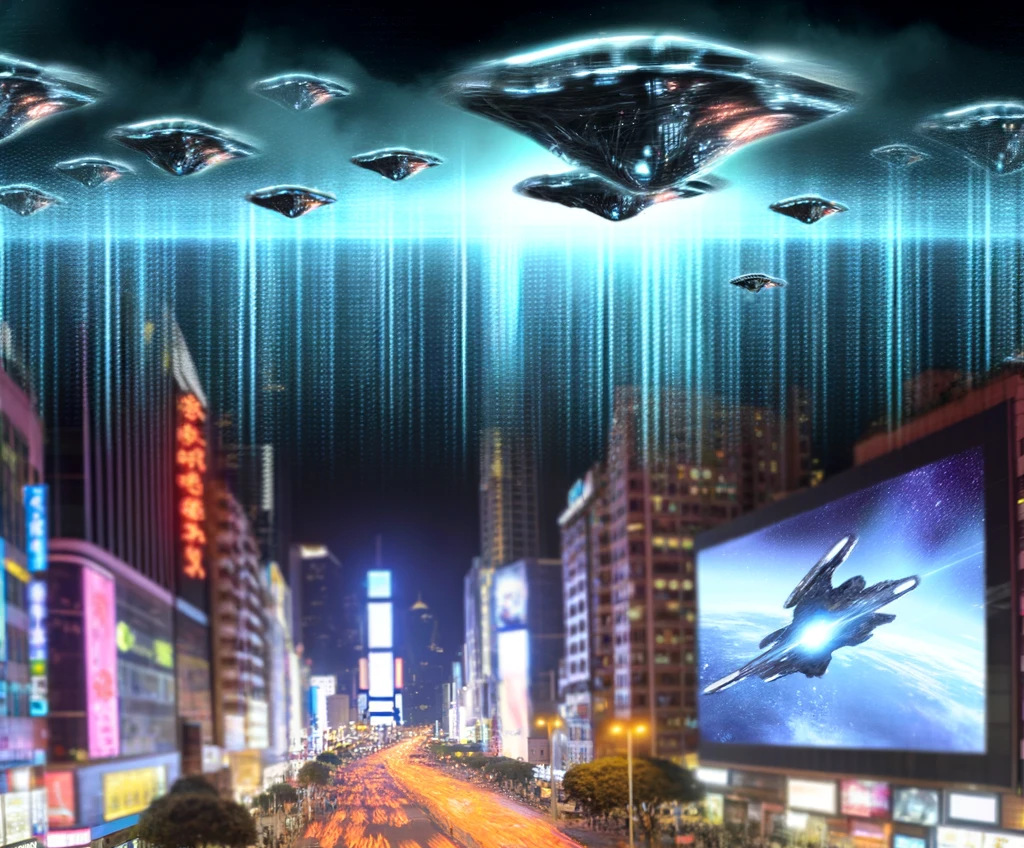How AI Can Create New Opportunities for Human Employment
Many have expressed concerns, and some deem it inevitable, that Artificial Intelligence will eventually eliminate all human jobs in the workforce. I tend to disagree. AI has the potential to not only streamline processes but also create new avenues of employment for human beings. Contrary to the doom and gloom predictions often associated with AI, its integration into various sectors can foster innovation, efficiency, and ultimately, job growth. My opinion is that while AI will certainly replace certain occupations, it has the potential to open up a host of new and exciting career opportunities.
It’s Already Beginning
One of the primary ways AI can generate new jobs is through its role in enhancing productivity and enabling businesses to expand. By automating repetitive tasks and augmenting human decision-making processes, AI frees up employees to focus on more complex and value-driven activities. For instance, in manufacturing, AI-driven robotics can handle routine assembly tasks, while skilled workers oversee quality control and process optimization. This dynamic not only increases output but also necessitates additional human oversight and management roles, leading to a net gain in employment opportunities.
AI’s capacity for data analysis and predictive modeling is already revolutionizing industries such as healthcare, finance, and marketing. In healthcare, AI algorithms can analyze medical imaging scans with unprecedented accuracy, assisting physicians in diagnosis and treatment planning. However, these algorithms require constant refinement and validation, creating demand for data scientists, healthcare analysts, and AI ethicists to ensure responsible and ethical use of technology in healthcare settings.
Similarly, in finance, AI-powered algorithms can analyze vast datasets to identify patterns and trends, informing investment decisions and risk management strategies. However, the interpretation and application of these insights rely on human expertise in finance, economics, and regulatory compliance. As such, the integration of AI in financial services has catalyzed the demand for professionals adept at interpreting AI-generated insights and translating them into actionable strategies.
Furthermore, AI’s role in personalizing customer experiences has profound implications for the retail and service sectors. Through advanced recommendation engines and chatbots powered by natural language processing, businesses can tailor their offerings to individual preferences and provide real-time support to customers. Consequently, there is a growing need for AI engineers, UX designers, and customer service specialists who can leverage AI technologies to deliver seamless and personalized experiences across various touchpoints.
Looking to the Future
Today AI-driven innovation has begun to spawn new industries and job categories that were previously nonexistent. The burgeoning fields of autonomous vehicles, augmented reality, and quantum computing are prime examples of how AI is not only reshaping existing industries but also giving rise to novel opportunities for skilled professionals. For instance, the development and deployment of autonomous vehicles require interdisciplinary expertise in robotics, software engineering, and regulatory affairs, fostering a diverse ecosystem of employment opportunities.
Realizing the full potential of AI to create new jobs hinges on proactive measures to upskill the workforce and cultivate a culture of lifelong learning. As AI continues to evolve, so too must the skill sets required to harness its capabilities effectively. Therefore, investments in education and training programs focused on AI literacy, data analytics, and critical thinking are essential to equip individuals with the skills needed to thrive in the AI-driven economy.
In Summary
While apprehensions about job displacement in the age of AI are valid, they often overlook the transformative potential of technology to create new opportunities for human employment. By augmenting human capabilities, driving innovation, and catalyzing the emergence of new industries, AI holds the promise of unlocking a future where humans and machines collaborate synergistically to drive economic growth and societal progress. Embracing this vision requires a concerted effort to invest in education, foster interdisciplinary collaboration, and cultivate an adaptive workforce ready to embrace the opportunities of the AI-powered world.

